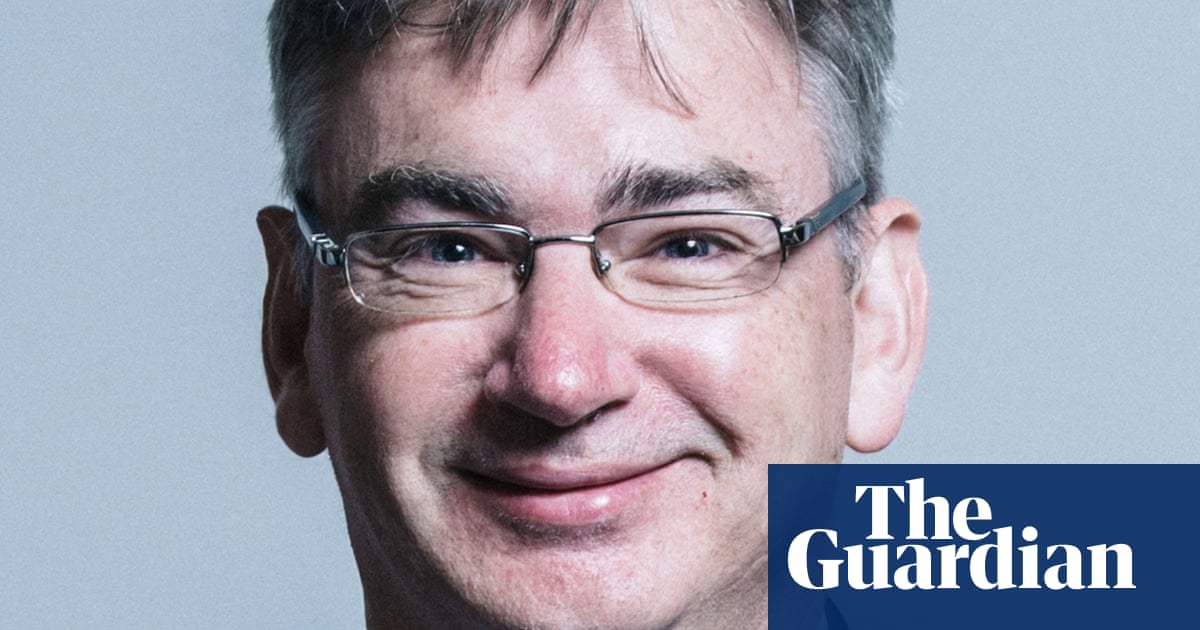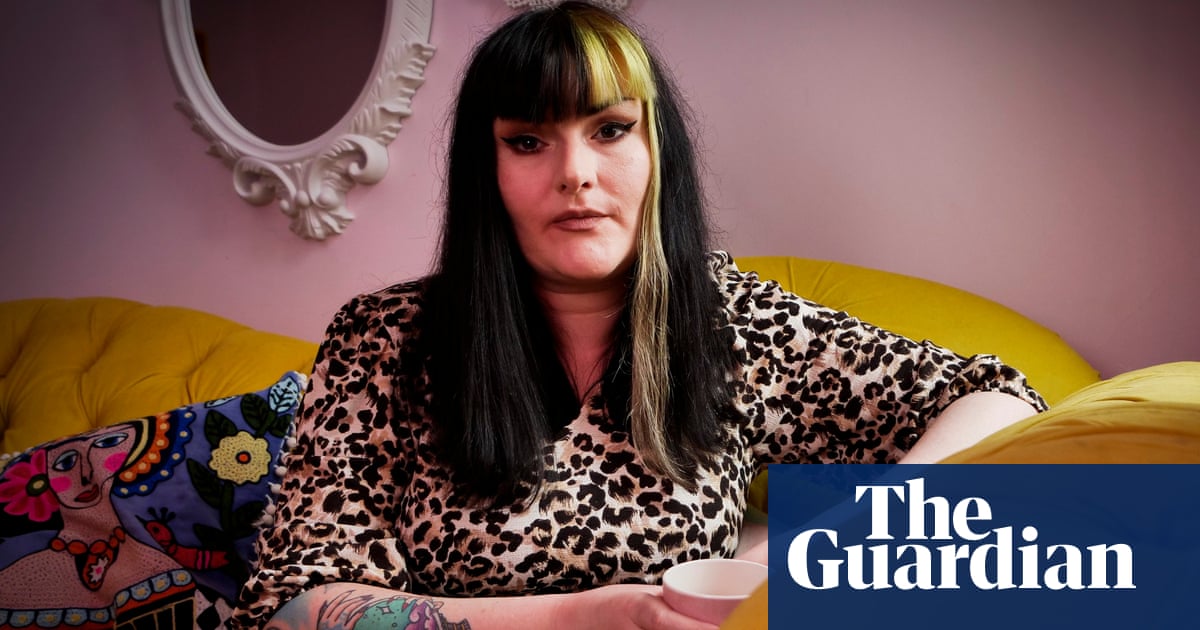
An MP has told the House of Commons that hearing the experiences of her constituents who had reported rape and sexual assault to the police “vindicated” her decision not to report her own experience.
Charlotte Nichols, the Labour MP for Warrington North, said she was a survivor of sexual assault after an urgent question prompted by the Guardian’s revelation on Monday that fewer than one in 60 rape cases recorded by the police last year in England and Wales resulted in a suspect being charged in 2020.
Analysis of Home Office figures seen by the Guardian revealed that while there were 52,210 rapes recorded by police in 2020, only 843 resulted in a charge or a summons that year – a rate of 1.6%.
Speaking in a debate prompted by the figures, which include cases where no charging decision has yet been taken, Nichols said she had heard “harrowing testimony” from a number of constituents about their experience of seeking justice after rape and sexual violence.
“The majority of them felt they had been unfairly traumatised by the process, and felt like they were the ones on trial, whether it was being required to hand over their digital devices, not being able to access pre-trial therapy, or the myths and stereotypes that abound,” she said.
“Listening to this testimony, I felt vindicated in my own decision not to go to the police, a decision thousands of women sadly take because they understandably feel like their trauma will only be compounded by this process with a minuscule likelihood of securing a conviction.”
The policing minister, Kit Malthouse, told MPs the long-awaited end-to-end review into how rape is investigated and prosecuted in England and Wales – which was commissioned two years ago, planned to be completed in spring 2020, but further delayed in 2020 as a legal case against the Crown Prosecution Service was heard – would be published “shortly after the recess”, meaning it could arrive as early as the second week of June.
Malthouse also revealed he had been tasked by the prime minister to “take personal leadership of the actions from the review, working with colleagues across government to ensure accountability”, suggesting the review could create a minister for rape.
Responding to the urgent question from the Labour MP Alex Davies-Jones, Malthouse said the government needed to “create a self-reinforcing story of success” where more support to victims and changes to practices in the CPS and the police would lead to more cases going to court. “That in turn leads to greater number of convictions, which should build confidence among victims, and I hope that that is exactly the kind of spiral of success that the report will produce,” he said.
Malthouse said the government had long recognised that the drop in rape prosecutions was a cause for significant concern. The analysis of the Home Office figures published in the Guardian are the latest in a downward trend in the volume of rape prosecutions. For every 10 cases the CPS prosecuted in 2016-17, it now pursues only three. The volume of prosecutions declined 71% between 2016 and 17 and the calendar year to December 2020, from 5,190 to 1,490.
Wendy Chamberlain, the chief whip for the Liberal Democrats who carried out the analysis of the Home Office figures, said the statistics made clear that police and prosecutors needed more resources and training.
Replying to Chamberlain, who was formerly a police officer dealing with sexual offences, Malthouse said the development of expertise in police officers and prosecutors was a key part of improving outcomes. “We do see better results from specialist teams, and we do know that […] allowing police officers to stay in post for longer, [to] develop an expertise in a particularly difficult and, as she will know, sensitive area of investigation is critical.”
In February, the police lead for rape in England and Wales said huge progress and expertise in prosecuting sexual violence was lost when specialist teams investigating rape were disbanded during years of austerity.
During the debate, the chair of the home affairs select committee, Yvette Cooper, said ministers were warned several years ago about the impact of cuts to specialist rape prosecutors and cuts to specialist sexual violence teams. She asked if there had been an assessment of the impact of cuts and an analysis of what capacity was now needed.
Malthouse said it was a mistake to say one issue had caused the drop, adding that the fall in prosecutions in 2016-17 was “down to difficulties with disclosure that arose from particular cases”. The review would “diagnose exactly what has gone wrong, exactly why these cases are failing to get to court, why so many witnesses are falling out before they get to court, why we’re seeing difficulties with disclosure, and what we can do to improve.”
He added: “I understand people’s impatience, not much longer to wait now.”
Speaking to the Guardian after the debate, Nichols said while she did not want to discourage victims from going to the police, there was a need to be realistic about people’s “legitimate” fears about reporting rape and sexual assault. “I’ve always wondered whether or not I’ve done the right thing, and you wonder if this person has hurt other people because I didn’t go to the police – but then you think, well, if I went to the police, nothing would have happened anyway.
“I think the more that people see people getting failed by the system, the more people say the system is set up to fail. It’s not a glitch in the system that these people are getting off, it’s not a bug, it’s a design feature.”












